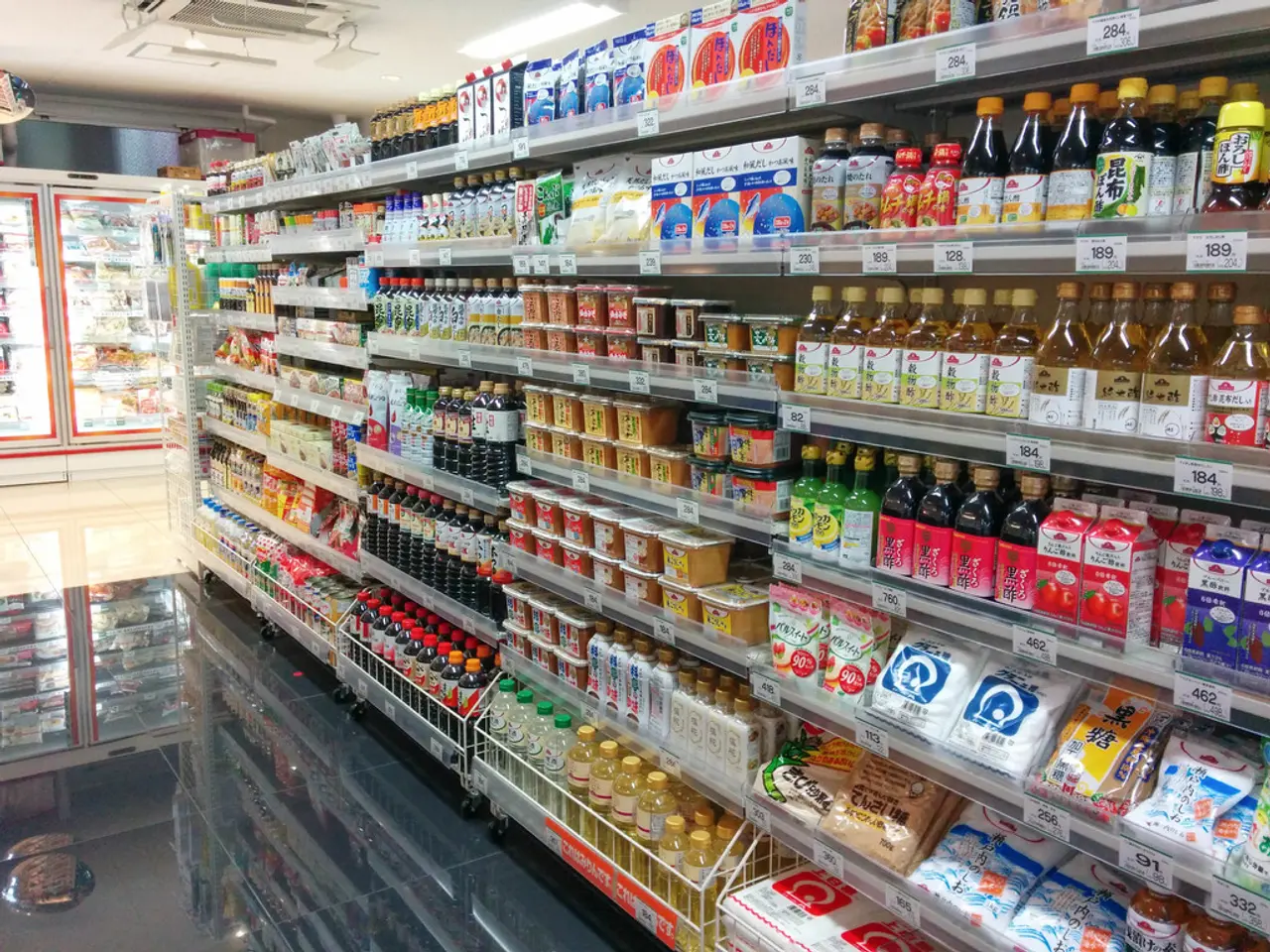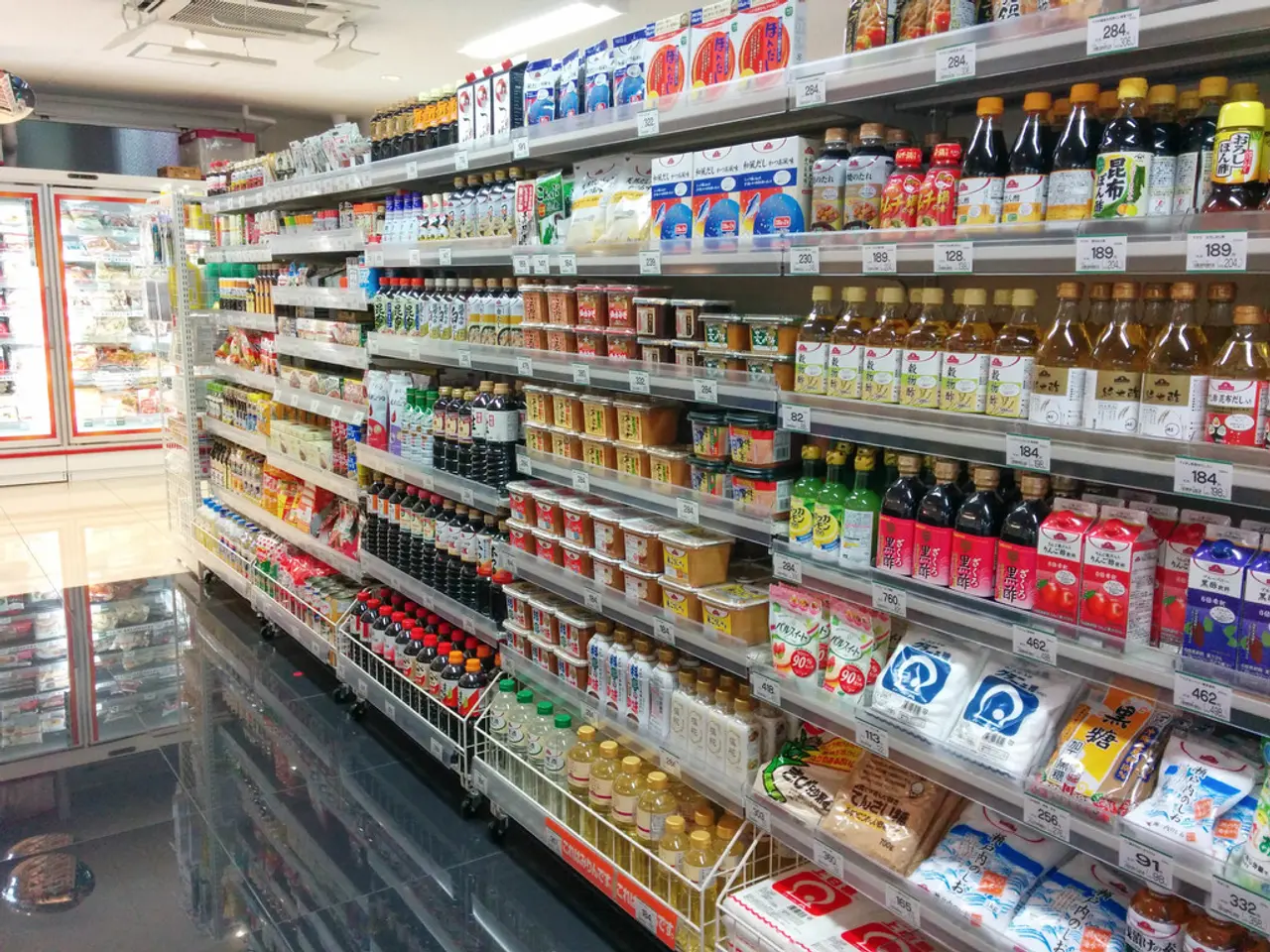Salt Sifting by FAS
In a recent development, the Federal Antimonopoly Service (FAS) of Russia has issued a warning to "Russol," the dominant market player for food salt in the country, to establish a new trading policy. The move aims to prevent monopolistically high prices and ensure market fairness.
Russol, which controls the Ilchensky, Baskunchaksky, and Usolsky salt deposits with total reserves of over 4.5 billion tons, has been accused of environmental damage worth hundreds of millions and refusing to supply goods to LLC "Soltrg" and "Glavsnab," despite having the capacity to do so.
The FAS's warning is binding, and non-compliance may lead to a case for violating antimonopoly laws, potentially resulting in a mandatory order and a significant fine. The specifics of the new trading policy, such as price caps, transparency measures, or compliance with competition law, have not been detailed in the FAS's report.
The FAS believes that adjusting pricing policies can be a lengthy and painful process for businesses. Managing partner of Kulik & Partners Law.Economics Yaroslav Kulik suggests that developing pricing principles for food salt may require significant resources and time, including coordinating policy with the FAS.
Daniil Lapukhin, another industry expert, suggests that Russol may already have internal acts regulating the issues highlighted by the FAS, but partial changes will be needed, revising some processes.
Retail prices for salt have shown a moderate increase, with the average price for 1 kg of the product being 22.4 rubles, an increase of 14.2% year-over-year as of the end of July. The FAS's warning against Russol was raised due to its refusal to supply goods to LLC "Soltrg" and "Glavsnab," which was not informed about the start of the tender campaign, despite its intention to participate.
The owners of Russol are not disclosed, and previously, Sergei Cherny was considered its beneficiary. However, Russol declined to comment on the matter, neither confirming nor denying the allegations.
This warning comes at a time when the FAS is intensifying its efforts to ensure fair competition in the Russian market. The FAS's action against Russol underscores its commitment to protecting consumers and promoting a competitive market environment.
[1] The exact parameters or specific requirements for the new trading policy, such as price caps, transparency measures, or compliance with competition law, are not explicitly outlined in the FAS's report.
- Given the complexity of developing pricing principles for food salt, managing partner of Kulik & Partners Law.Economics Yaroslav Kulik hints that the process might require significant resources and time, possibly involving coordination with the FAS.
- Despite potentially having internal acts regulating the issues highlighted by the FAS, industry expert Daniil Lapukhin proposes that Russol may need to make partial changes, revising some processes to ensure compliance with the FAS's warning and the antimonopoly laws.




